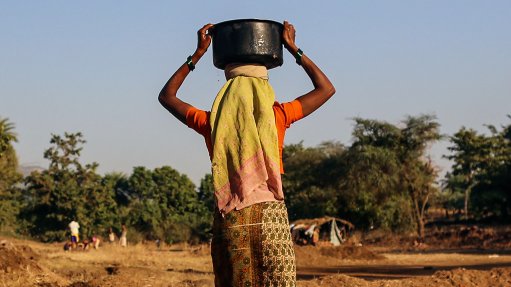
The IFP in KwaZulu- Natal Legislature calls for a mechanism to detect
wasteful expenditure of public funds especially at municipal level where
service delivery is largely lacking.
“I commend the Auditor General’s report for the financial year 2012/13 that
indicated clean audits for seven out of more than sixty municipalities in
KwaZulu-Natal. The mandate of the AG is to monitor spending of public funds
but unfortunately we don’t get a sense of the outcomes related to budget
spending of these municipalities. As the IFP we believe that there should be
a mechanism that will monitor whether citizens of the municipalities receive
value for money or whether this money is used to promote political parties
who control those municipalities,” said IFP leader in the KwaZulu-Natal
Legislature, Mr Blessed Gwala, MPL.
“The large number of service delivery protests across the province indicates
that people are not receiving services that are due to them. The fact that
Okhahlamba Municipality only spent 56% and uMhlathuze Municipality only
spent 47% on their capital projects and now do not have sufficient funds to
complete these projects shows that they are not competent in managing their
budgets,” continued Mr Gwala.
“The IFP is of the view that the new monitoring mechanism must be able to
detect the wasteful expenditure of public funds for example where a
municipality claims to have printed t-shirts for a municipal event but, it
turns out to be t-shirts for the ruling party or parties in that
municipality. The IFP also concerned about corruption which has turned to be
a political cancer in our municipalities like uMhlathuze and Newcastle, but
the MEC for COGTA is keeping it under wraps because these are ANC
led-municipalities. Budgets allocated to municipalities must be used to
provide much needed services to our people,” concluded Mr Gwala.